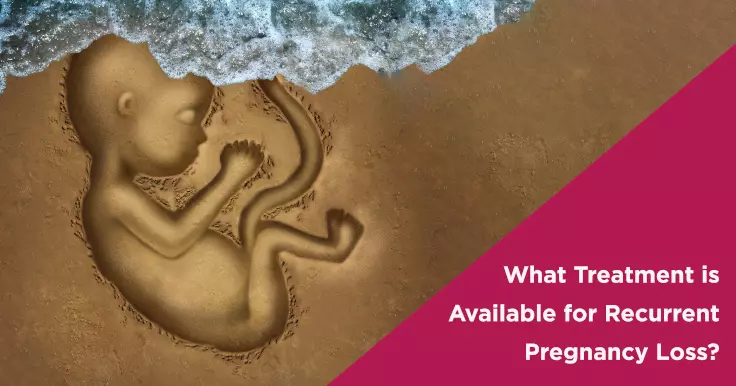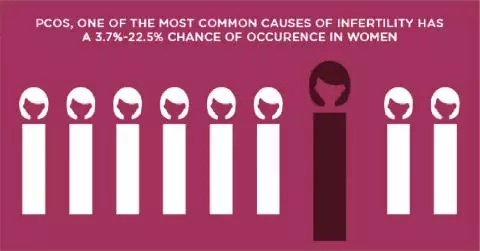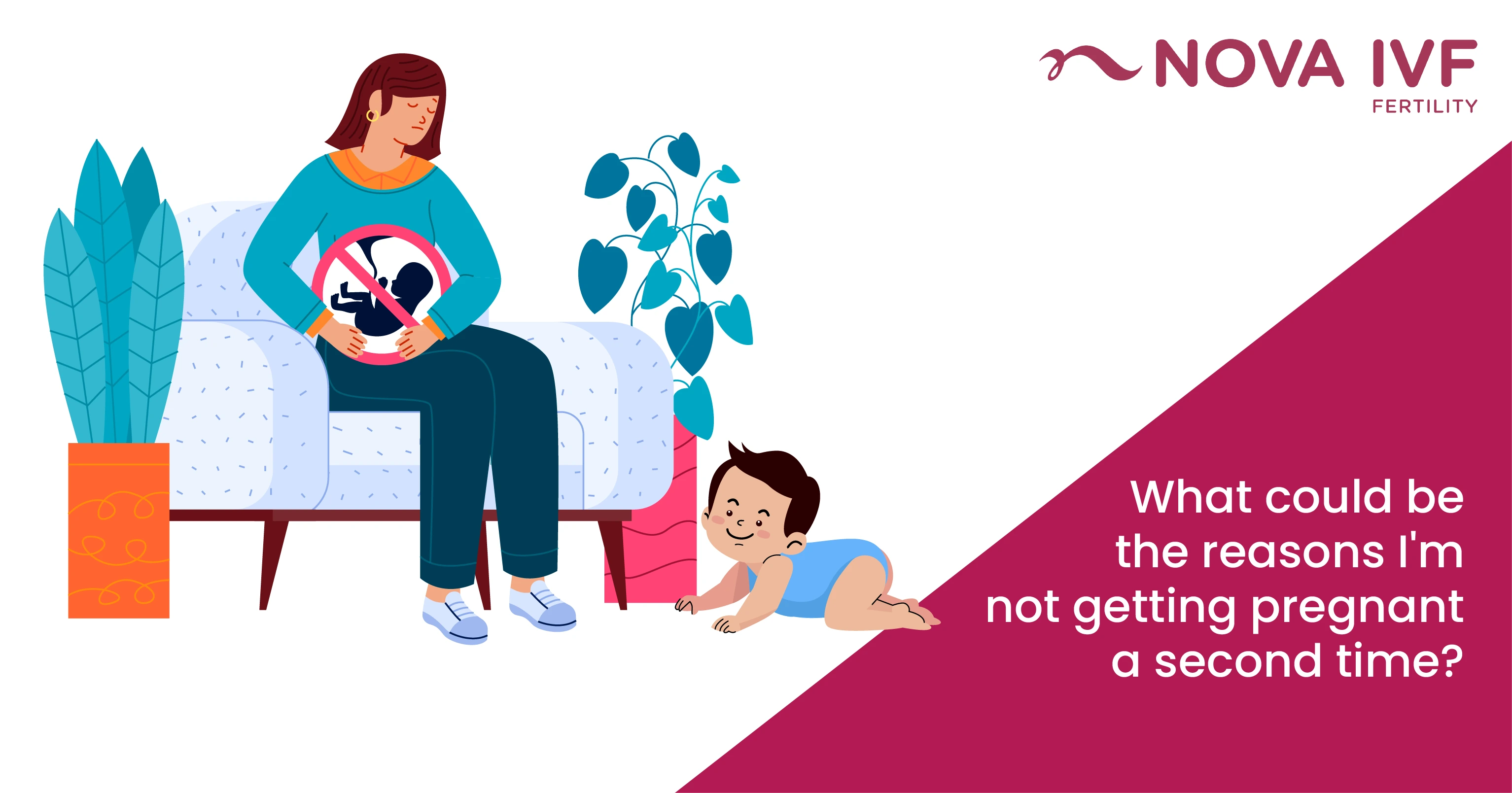Available Treatments for Recurrent Pregnancy Loss

Miscarriages are quite common. However, some women miscarry more than once. This is termed as recurrent pregnancy loss. Repeated miscarriages can be caused by a number of factors. In some cases, the woman may eventually have a full-term pregnancy without any treatment while in other cases, treatment may be required. This depends largely on the factors causing the miscarriage. From underlying medical issues to genetic factors, the causes are many. In this page, we discuss the treatments for recurrent loss of pregnancy.
Recurrent Pregnancy Loss Treatment
Lifestyle Choices
Lifestyle changes are often the first form of treatment advised. This includes stopping the consumption of alcohol, the use of recreational drugs, and smoking during pregnancy. Women who are morbidly overweight or obese may also be advised to lose weight. This can help reduce the risk of pregnancy-related complications. Women may also be advised to reduce their caffeine consumption, if it is excessive. There is currently no proof that anxiety and stress contribute to repeated miscarriages but expectant mothers should try to stay positive.
Surgery
Anatomical abnormalities like the presence of fibroids or a septum in the uterus are common causes for repeated miscarriages. In such cases, recurrent miscarriage treatment could take the form of surgery to correct the issue. The surgery is aimed at correcting the structure of the uterus so that the foetus has enough space to grow and develop fully. Such surgeries are typically conducted with the help of a hysteroscopy.
Medication
Underlying medical conditions such as immune system disorders, diabetes and thyroid dysfunctions are common causes of recurrent pregnancy loss. In such cases, medication can help. When taking medication for any such issues, it is very important to follow the doctor's prescription carefully and not change the medicine or dosage on your own.
Genetic Screening
In about 5% of recurrent pregnancy loss cases, at least one parent has rearranged chromosomes. This can cause chromosomal abnormalities in the foetus thus leading to a miscarriage. A blood test can identify such rearrangements. In such cases, genetic counselling along with fertility treatment such as IVF with PGS is often recommended. This allows embryos without any chromosomal abnormalities to be selected and chosen so as to increase the chances of having a successful pregnancy.
 Infertility Counselling
Infertility Counselling Female Infertility Treatment
Female Infertility Treatment Andrology Treatment
Andrology Treatment Fertility Enhancing Surgeries - Female
Fertility Enhancing Surgeries - Female Fertility Enhancing Surgeries - Male
Fertility Enhancing Surgeries - Male Endoscopy Treatment
Endoscopy Treatment IUI Treatment
IUI Treatment IVF Treatment
IVF Treatment ICSI Treatment
ICSI Treatment Advanced IVF Solutions
Advanced IVF Solutions Embryology
Embryology Vitrification Egg, Embryo, Sperm Freezing
Vitrification Egg, Embryo, Sperm Freezing Preimplantation Genetic Testing (PGT)
Preimplantation Genetic Testing (PGT) Donation Program Embryo / Egg / Sperm
Donation Program Embryo / Egg / Sperm Self-cycleTM IVF
Self-cycleTM IVF

 Self-cycleTM IVF
Self-cycleTM IVF










